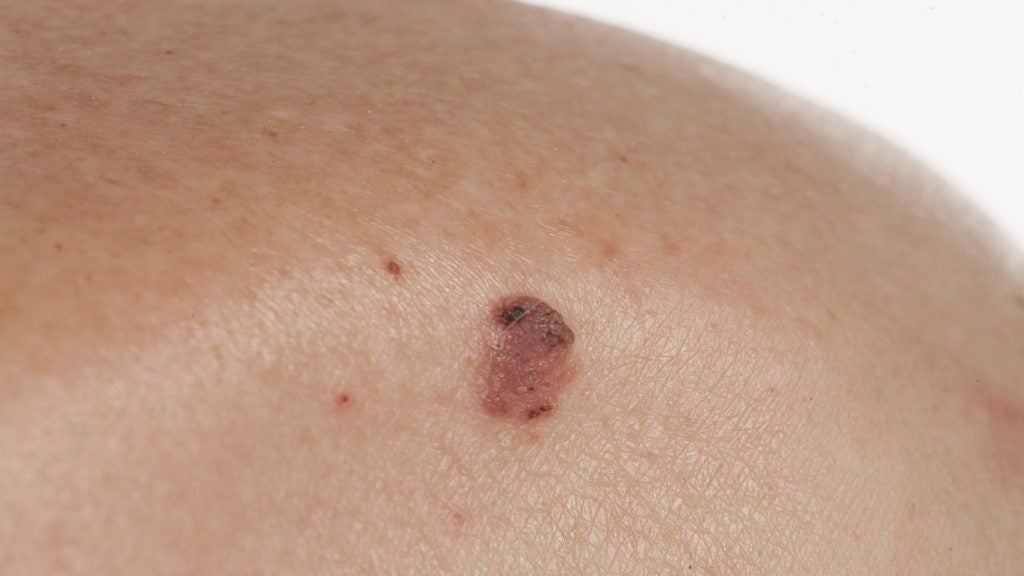Texas-based company Castle Biosciences has published results of a study investigating its DecisionDx cutaneous squamous cell carcinoma (SCC) test designed to guide patient selection for adjuvant radiation therapy (ART), which could save the US Medicare service $972 million annually.
Published in The Journal of Clinical and Aesthetic Dermatology, the study details that utilising the company’s system for selecting patients based on their chances of tumour progression could save the US government-run health insurance service up to nearly $1bn.
ART is typically applied to patients based on how likely they are to experience disease progression, with ‘high’ and ‘very high’ risk patients being prioritised for ART, whilst exposing lower risk patients is both wasteful, but liable to result in overtreatment in patients who may not see disease progression.
The study identified 22,917 Medicare-eligible SCC patients in the United States who received ART in the 12 months prior to June 2022, finding the weighted average cost for ART to be $60,693 per patient.
Dr. Ally‐Khan Somani, lead author of the study, said: “The implications of this study are significant, as evidenced by the opportunity to save our overburdened healthcare system hundreds of millions of dollars through the use of the DecisionDx-SCC test to guide more risk-appropriate utilization of ART in patients with SCC.”
“Above and beyond the considerable cost savings is the potential to truly improve SCC patient care by using the test’s results to provide added confidence in decisions to forgo radiation therapy when a patient’s risk of metastasis is low,” they added.
GlobalData’s Pharmaceutical Intelligence Centre estimates the overall market for drugs in SCC stood at around $34.4bn in 2023. That figure is expected to rise significantly to $46.6bn by the end of 2029.
GlobalData is the parent company of Clinical Trials Arena.
Elsewhere in SCC, MBrace Therapeutics has launched a Phase I/Ib clinal trial of antibody-drug conjugate (ADC), MBRC-101. Meanwhile, MSD recently announced that it would be discontinuing its Phase III KEYLYNK-008 clinical trial of Keytruda plus Lynparza regimen due to futility.
















